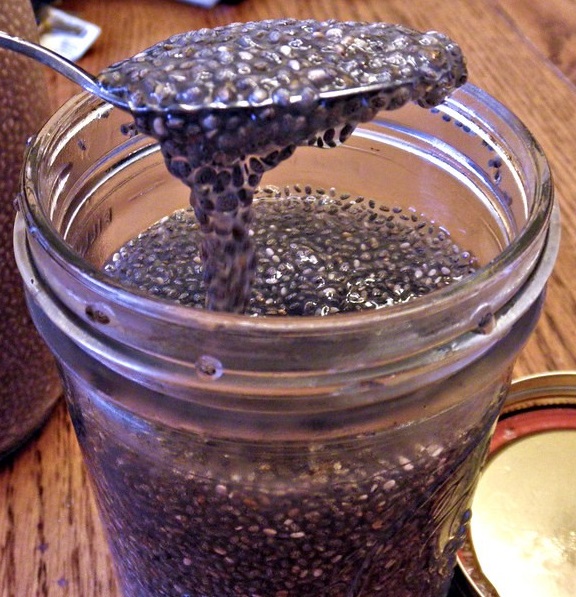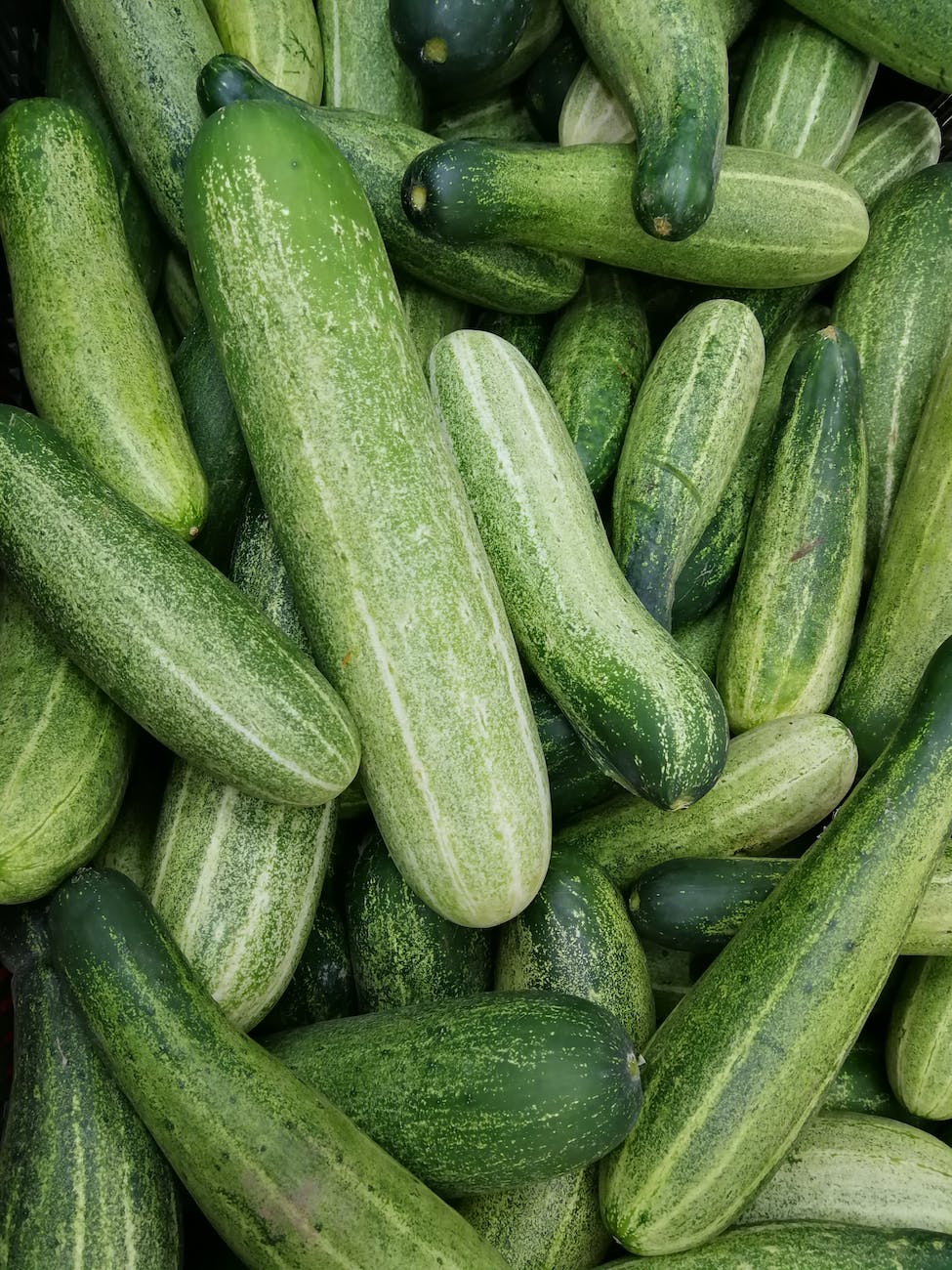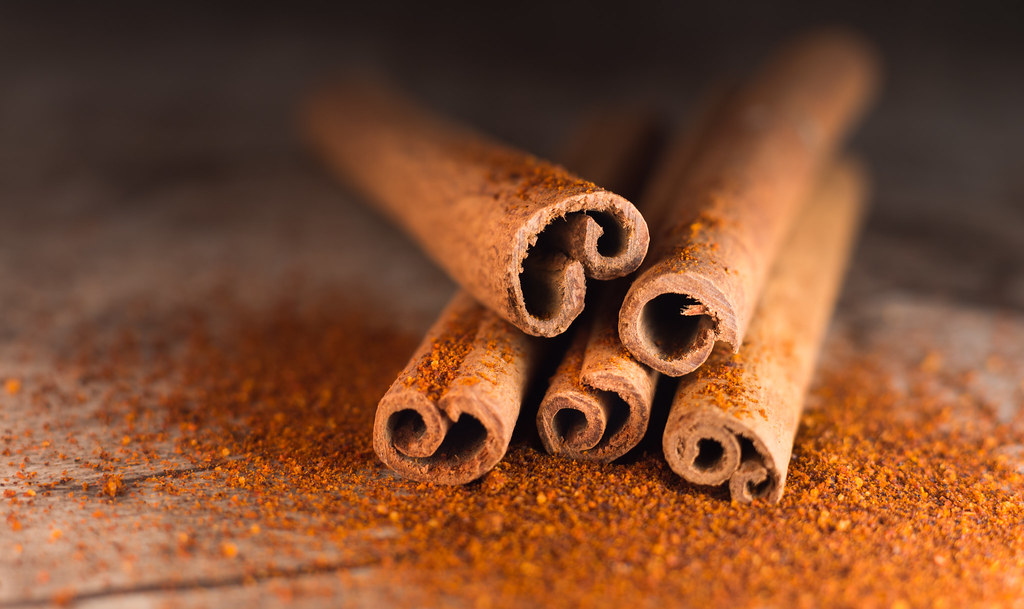
Chia seeds have been gaining popularity in the health and wellness community due to their high nutritional value and potential benefits for weight loss. They are packed with dietary fiber, protein, and healthy fats, all of which can contribute to a healthier diet and aid in weight management. But how exactly can you incorporate these tiny seeds into your diet? Let’s explore!
What are Chia Seeds? 🌱
Chia seeds are tiny black seeds from the plant Salvia Hispanica, which is related to the mint. They were an important food for the Aztecs and Mayans and were prized for their ability to provide sustainable energy. Today, they are recognized as a superfood and are consumed for their numerous health benefits.
Are Chia Seeds Good for Weight Loss?
Chia seeds have become a staple in many weight loss diets, and for good reasons:
- High Fiber Content: Chia seeds are rich in dietary fiber, which promotes a feeling of fullness. This can reduce appetite and prevent overeating.
- Protein-packed: They contain a good amount of protein, which can reduce hunger and appetite. Protein also aids in muscle repair and growth, especially if you’re incorporating exercise into your weight loss journey.
- Low in Calories: Despite their nutritional richness, chia seeds are relatively low in calories, making them a weight-loss-friendly food.
- Omega-3 Fatty Acids: These seeds are a great source of Omega-3s, which can help reduce body fat, especially abdominal fat.
Given these attributes, it’s clear that chia seeds can be a valuable addition to a weight loss regimen. However, it’s essential to remember that no single food can induce weight loss. It’s the overall diet and lifestyle that matter.
Suggested Read: Chia Seeds For Weight Loss: 5 High Protein Morning Smoothie Ideas
Chia Seed Benefits for Weight Loss
Chia seeds come packed with dietary fiber — 4 grams per tablespoon. Adding them to a few meals or snacks can contribute toward your daily fiber intake goals. The dietary fiber in chia seeds can absorb a significant amount of water and expand in your stomach, which can help increase fullness, slow absorption of your food, and help you automatically eat fewer calories.
The idea behind drinking chia seed water is that the wet seeds will enlarge in your stomach and take up space, preventing you from getting hungry. That may, in turn, cause you to become less hungry and ultimately help you to lose weight.
Incorporating chia seeds into your diet can offer multiple benefits specifically tailored to weight management:
- Water Absorption: Chia seeds can absorb up to 10-12 times their weight in water, leading to prolonged fullness and reduced food intake.
- Steady Energy Release: Their balanced blend of protein, fats, and fiber ensures a steady energy release, preventing those mid-day energy slumps and cravings.
- Digestive Health: The fiber in chia seeds promotes regular bowel movements and prevents constipation, aiding in a healthy digestive system.
- Metabolism Boost: The protein in chia seeds can help increase metabolic rate, leading to faster calorie burning.
- Bone Health: They are also rich in calcium, which is essential for bone health. A strong skeletal system can support more muscle, and more muscle means more calories burned, even at rest.
By understanding and leveraging these benefits, one can make the most of chia seeds in their journey towards achieving and maintaining a healthy weight.
Also read: Discover the Versatility of Chia Seeds: 10 Creative Chia Pudding Recipes for Every Taste
How to Use Chia Seeds for Weight Loss? 🍽️
Chia seeds are incredibly versatile, and there are numerous ways to include them in your diet to harness their weight loss benefits:
- Chia Water: Soak 1-2 tablespoons of chia seeds in a glass of water for about 30 minutes. The seeds will swell and create a gel-like consistency. Drink this before meals to help reduce appetite.
- Chia Fresca: A popular drink, chia fresca is made by mixing chia seeds in water with a squeeze of lemon or lime and a touch of natural sweetener like honey. It’s refreshing and can act as a filling snack.
- Smoothie Booster: Add a tablespoon of chia seeds to your morning smoothie. They’ll not only boost the fiber and protein content but also give your drink a thicker consistency.
- Chia Pudding: Mix chia seeds with milk (dairy or plant-based) and let it sit overnight. By morning, you’ll have a creamy, pudding-like consistency. Top with fresh fruits, nuts, or a drizzle of honey for a nutritious breakfast or snack.
- Sprinkle on Foods: Chia seeds can be sprinkled on top of salads, yogurt, oatmeal, or even main dishes. They add a slight crunch and a nutritional boost without altering the flavor significantly.
- In Baking: Replace eggs in recipes with chia seeds by using a chia egg (1 tablespoon of chia seeds + 2.5 tablespoons of water, let sit for 15 minutes). This can be used in cakes, muffins, and other baked goods.
- Thicken Soups and Gravies: If you’re looking to thicken a soup, stew, or gravy without adding flour or cornstarch, chia seeds can be a great alternative. They absorb liquid and give a thicker consistency to dishes.
- Homemade Energy Bars: Combine chia seeds with nuts, dried fruits, and a bit of honey or maple syrup. Press the mixture into a pan, refrigerate, and then cut into bars for a quick energy boost on the go.
Tips for Consumption:
- Always ensure you’re drinking plenty of water when consuming chia seeds, as they absorb a lot of liquid.
- Start with a small amount and gradually increase your intake to see how your body reacts.
- As with any food, moderation is key. While chia seeds are beneficial, it’s essential not to go overboard.
Incorporating chia seeds into your diet can be both delicious and beneficial for weight loss. However, remember that they are just one tool in the toolbox. A balanced diet, regular exercise, and a healthy lifestyle are crucial for sustainable weight loss.
Also Read: Benefits of Chia Seeds: 5 Ideas to Use Chia Seeds with Indian Food
Chia Seeds Weight Loss Side Effects
While chia seeds are a natural and nutritious addition to a balanced diet, it’s essential to be aware of potential side effects, especially when consumed in large quantities:
- Digestive Issues: Due to their high fiber content, overconsumption of chia seeds can lead to bloating, gas, diarrhea, or constipation in some individuals.
- Allergic Reactions: Though rare, some people might be allergic to chia seeds. Symptoms can include skin rashes, hives, watery eyes, or difficulty breathing.
- Blood Thinning: Chia seeds are rich in omega-3 fatty acids, which can act as a blood thinner. If you’re on blood-thinning medications, it’s essential to consult with a healthcare professional before adding chia seeds to your diet.
- Swallowing Difficulties: Dry chia seeds can absorb water and expand. If consumed dry and followed by a drink, they can swell in the esophagus, potentially causing a blockage. Always soak chia seeds or consume them in a moist form.
- Potential Drug Interactions: Chia seeds might affect the way certain drugs work. If you’re on medication for blood pressure, blood sugar, or inflammation, discuss with your doctor before making chia seeds a regular part of your diet.
At this point, you might also want to have a look at Chia Seeds and the Ketogenic Diet.
FAQs about Using Chia Seeds in Weight Loss Diet
1. How can I use chia seeds for weight loss? Answer: Incorporate chia seeds into your diet by adding them to smoothies, making chia pudding, sprinkling them on salads, or soaking them in water and consuming before meals to promote fullness.
2. Are there any specific recipes using chia seeds for weight loss? Answer: Yes, popular recipes include chia fresca, chia seed pudding, chia smoothie bowls, and chia-infused oatmeal. These recipes harness the satiating properties of chia seeds to aid in weight loss.
3. Can chia seeds help in weight loss? Answer: Yes, chia seeds are rich in dietary fiber and protein, which can promote a feeling of fullness and reduce calorie intake, aiding in weight loss.
4. Are chia seeds effective for weight loss? Answer: Chia seeds can be a beneficial addition to a weight loss diet due to their ability to promote satiety. However, they should be combined with a balanced diet and regular exercise for best results.
5. Is it true that chia seeds are good for weight loss? Answer: Yes, chia seeds have properties that can support weight loss, including high fiber content, protein, and the ability to absorb water, promoting fullness.
6. What’s the best way to consume chia seeds for weight loss? Answer: Soaking chia seeds in water or adding them to smoothies, puddings, and meals can be effective. Consuming them before meals can also help reduce appetite.
7. How should I use chia seeds in water for weight loss? Answer: Soak 1-2 tablespoons of chia seeds in a glass of water for about 30 minutes. Drink this mixture 30 minutes before meals to help reduce hunger.
8. Are there any side effects of using chia seeds for weight loss? Answer: While chia seeds are generally safe, overconsumption can lead to digestive issues due to their high fiber content. It’s also essential to consume them with plenty of water.
9. What’s the recommended way to use chia seeds to shed weight? Answer: Incorporate chia seeds into your daily meals, consume chia water before meals, and add them to recipes that align with your weight loss goals.
10. Can I lose weight just by consuming chia seeds? Answer: While chia seeds can support weight loss, they should be part of a balanced diet and lifestyle. Relying solely on chia seeds without dietary changes or exercise might not yield significant results.
11. How often should I consume chia seeds for weight loss? Answer: It’s recommended to consume 1-2 tablespoons of chia seeds daily, either soaked in water or added to meals, to support weight loss.
12. Are there any tasty recipes that use chia seeds to aid in weight loss? Answer: Absolutely! Chia seed puddings, smoothies, and salads are not only delicious but can also support weight loss when incorporated into a balanced diet.
13. How do chia seeds contribute to weight loss? Answer: Chia seeds are rich in fiber and can absorb water, leading to a feeling of fullness and reduced calorie intake.
14. Is it scientifically proven that chia seeds are good for weight loss? Answer: Several studies suggest that the high fiber and protein content in chia seeds can support weight loss. However, they should be part of a comprehensive weight loss plan.
15. How should I prepare chia seeds to maximize their weight loss benefits? Answer: Soaking chia seeds or incorporating them into balanced recipes can help harness their weight loss benefits.
16. Can I drink chia seeds in water every day for weight loss? Answer: Yes, drinking chia seeds soaked in water daily can promote satiety and support weight loss. However, ensure you’re also maintaining a balanced diet.
17. Are there any risks associated with consuming chia seeds for weight loss? Answer: Overconsumption can lead to digestive issues. It’s also essential to avoid dry chia seeds if you have swallowing difficulties, as they can expand and cause blockages.
18. How long does it take to see weight loss results with chia seeds? Answer: Results can vary based on individual metabolism, diet, and exercise routines. However, consistent use as part of a balanced diet can show results over weeks to months.
19. Can I mix chia seeds with other superfoods for weight loss? Answer: Yes, chia seeds can be combined with other superfoods like flaxseeds, berries, and green tea to enhance weight loss benefits.
20. Do chia seeds directly burn fat? Answer: While chia seeds don’t directly burn fat, their fiber and protein content can promote fullness and reduce calorie intake, indirectly supporting fat loss.
Conclusion
Chia seeds, with their rich nutritional profile, offer numerous benefits, especially for those looking to manage their weight. Their ability to promote fullness, coupled with their versatility in various dishes, makes them a popular choice for many health enthusiasts. However, as with any food, it’s crucial to consume them in moderation and be aware of potential side effects. Always listen to your body and consult with healthcare professionals if you’re unsure about incorporating any new food into your diet. Remember, a balanced approach to nutrition, combined with regular exercise, is the key to sustainable weight loss and overall well-being.
So, are you ready to incorporate chia seeds into your diet? Start today and reap the benefits of this superfood! 🌱💪













